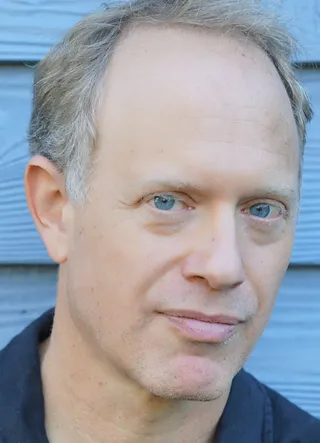Book Tour
As my book tour for Morningside: The 1979 Greensboro Massacre and the Struggle for an American City’s Soul slows down, I look forward to writing about the conversations and experiences I’ve had, the things I’ve learned and much more.
The tour has taken me from Virginia, to North Carolina, to Nashville, to DC, to Cambridge and back to Virginia. Civil servants, police officers, educators, writers, professors, various activists, clergy and survivors of the November 3, 1979 tragedy have attended my events. Each has taught me things I didn’t know—even after seven years of research and writing. They've given me lots to think about.
A couple of audience-observations recur at my book events. People say, “Why didn’t I know about this?” I’m grateful that readers are finding the history in Morningside to be helpful and meaningful, as I have. That I had never heard of the Greensboro Massacre was one factor that motivated me to write the book. And, yes, there are reasons we don’t know about this history. I explore several of them in Morningside.
Comparing the period in Morningside with the times we are living, people also ask, “Does the arc of the moral universe bend toward justice?” There’s a glimmer of hope in that question, but also fear. Progress, we realize, isn’t inevitable. And the answer to the question, perhaps, is in who’s bending the arc.
The ways our current moment echoes the tumultuous 1970s resonate with people. As we brace for what promises to be another cycle of rising repression and resistance, I believe studying the tools of repression and the tools of resistance will be helpful. Both are in this book. And they'll help us understand what it takes to bend that arc.
Aran Shetterly Newsletter
Join the newsletter to receive the latest updates in your inbox.
